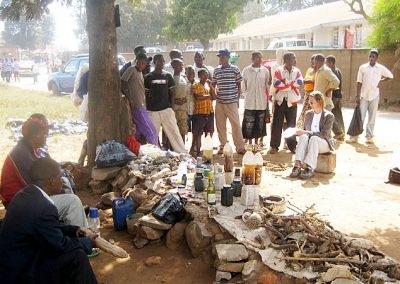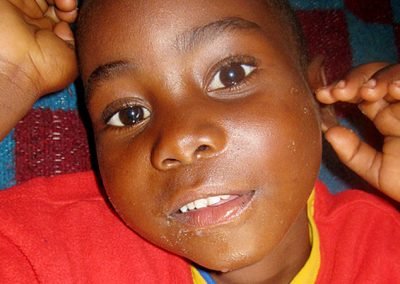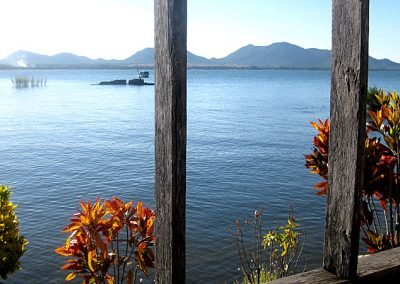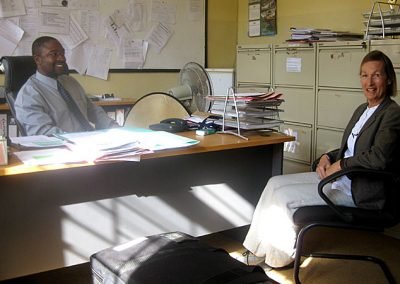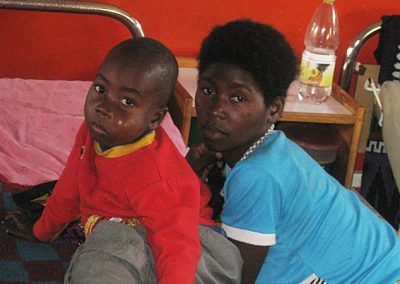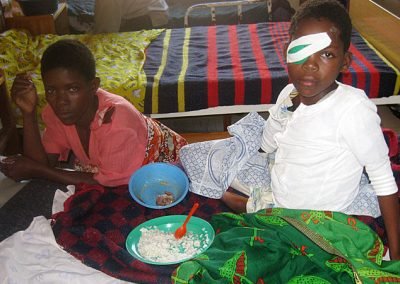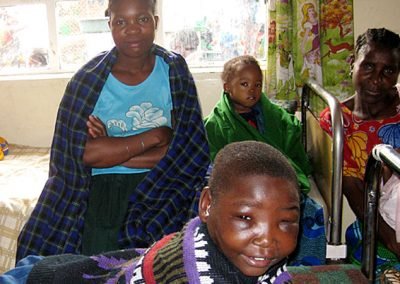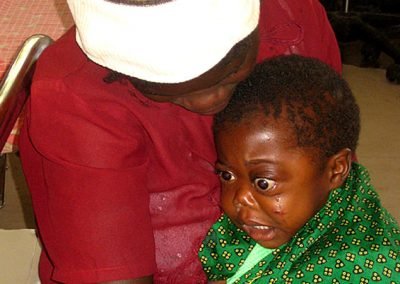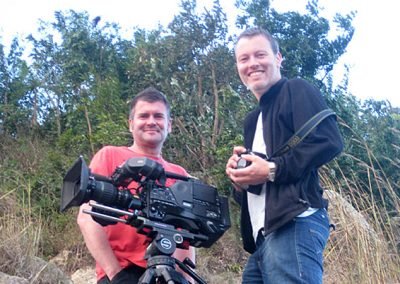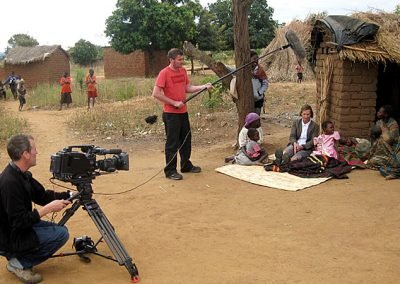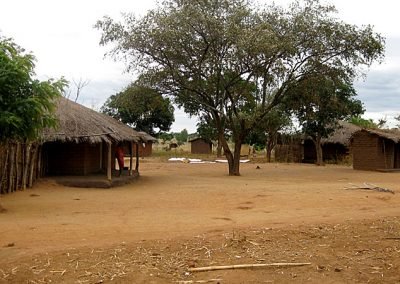Surviving Burkitt’s lymphoma
The documentary film about Scott and going to the original source and discovery of Burkitt’s Lymphoma cancer in Malawi, seeing the effects of the disease in young African children and how help and resources are needed. The film shows the wonderful work being done by Professor Elizabeth Molyneux and all her nurses and doctors at the Queen Elizabeth Hospital in Blantyre. The film was inspired and brought together by Professor Beverly Griffin of the Imperial College, and sensitively directed and filmed by Alex Tweedle, Director/Producer and James Buck, Cinematographer.
See below the Surviving Burkitt’s documentary in 4 parts.
Surviving Burkitt’s Lymphoma in Malawi part 01
Surviving Burkitt’s Lymphoma in Malawi part 02
Surviving Burkitt’s Lymphoma in Malawi part 03
Surviving Burkitt’s Lymphoma in Malawi part 04
Trip to Malawi “Surviving Burkitt’s”
Documentary June 18th to July 4th 2010
Wade and I flew to Malawi, Friday June 18th to join Alex Tweddle, director and producer of AngryMan Pictures and cameraman James Buck in Malawi where they had been doing some pre filming and setting up the schedule and meetings with the vital help of Fatima, our Malawian interpreter and fixer.
The focal point of the film was the children’s oncology ward in the Queen Elizabeth Hospital in Blantyre, where the film followed children aged between 2 – 11 years old coming to the hospital very ill with suspected Burkitt’s – beginning with the diagnosis procedure through to their first chemotherapy treatment and their progress over our stay of two weeks.
We were very privileged to have Professor Elizabeth Molyneux, Head of Paediatrics, as our introduction to the ward and the children. Her dedication to the welfare of the children creates a bond and trust with the often frightened child and guardian. The care is carried out in cramped and very basic conditions – often children sharing beds and in need of repair. But the commitment and love given by the Sister, nurses and care workers make the best of the lack of amenities. Mothers/guardians stay with the child for the duration of the treatment, sleeping with them or outside in the yard – the village life is created within the compound. The follow up care especially with terminally ill children is done by the Palliative group – we followed Beatrice to a village 4 hours away where her presence and counselling helped the family through the tragic time.
To understand the many obstacles a family will encounter to get their sick child help, we visited distant rural villages where life is lived without any visible modern amenities in homemade mud huts. The village is ruled by the chiefs and medicine men who decide the outcome of what is best for the child. We met and talked with a Madam Chief and her advisors in a village near Blantyre. The medicine man we found was outside the government hospital in Lilongwe – ready to “cure” any ailment the hospital could not provide. Inside the Lilongwe hospital we interviewed Doctor Mwali – head of the District Hospitals, a charming man who gave us a clear view of how important it is to bring together information and resources.
Burkitt’s Lymphoma is the No1 cancer in children in Malawi and large parts of Africa.This aggressive cancer visibly shows itself mainly in the face-the tumor appears behind the eyes, cheek or jaw and in other cases in the stomach – and grows overnight if not treated. We watched how one protocol of chemo reduced a tumor in days. Sadly, if the disease has taken hold, the results are not so good. That is why this documentary is so important to inform and help all sources to understand.
What we want to do is to set up a program to research Burkitt’s through the medical school in Queen Elizabeth Hospital that will ultimately help these young children now and hopefully even more in the future.
We were very proud to be allowed to be a part of this documentary and want to thank Professor Beverly Griffin for bringing us together with Alex Tweedle and James Buck.
Click on the image gallery below to view all Malawi photos

Above is a Picture of Burkitt’s Lymphoma Cancer Cells under a microscope
Burkitt’s lymphoma affects around 200 people in the UK each year and is the most commonly diagnosed in teenagers and young adults. Around a third of these cases are in children.
Burkitt’s lymphoma is a type of non-Hodgkin’s lymphoma. How the disease develops remains unclear but research has shown that the Epstein-Barr virus (EBV) may be involved. It is thought that the Epstein-Barr virus “transforms” immune cells called B-lymphocytes into cancerous cells. But in Burkitt’s lymphoma seen in the UK, the way normal B-lymphocytes change to cancer cell doesn’t always involve the Epstein-Barr virus: Cancer Research UK.
Since Scott died in November 2005, we have been in contact with eminent Professors in the field of Research, seeking their advice and keeping up to date with any new developments through correspondence via emails.
The contacts were started by Scott himself, who connected with Professor John Sweetenham, (British)- now Professor of Medicine and Director of Research at the Taussig Cancer Institute, Cleveland Clinic, Ohio, USA (http://my.clevelandclinic.org) – who answered some questions Scott wanted to know regarding Chemotherapy Protocols he was receiving after his cancer returned the beginning of September 2005.
We met Professor Sweetenham 6 months after Scott died and he has continually advised us to use our funds for research into Burkitt’s cancer-which we hope we can achieve but it is taking longer to arrive at that position.
Our other great sources of help and support are: Professor Beverly Griffin, of the Imperial Medical School (London), who specialises in African Burkitt’s, and who proposed making a video documentary with us to link Scott’s experience with the disease and the African Burkitt’s, Professor Ben Mead-now semi- retired from Southampton University’s School of Medicine as Senior Lecturer in Medical Oncology:
Professor Mead writes:
“This [Burkitt’s Lymphoma] is an exceptionally rare condition, hence no specific charities-apart from yours-exist at present.” and Professor Andrew Jack at the St James’s Institute of Oncology, St James’s University Hospital, Leeds. Professors Mead and Jack published the MRC/NCRI LY10 data in Blood at the end of 2008.
Professor Jack writes:
“The results of the study show that when the diagnosis of Burkitt Lymphoma is made using very strict criteria the outcome with intensive chemotherapy is now good. This may seem like a rather technical point but the problem is that cases that do not meet these strict criteria have a very poor outcome so making this distinction is critical. Unfortunately, the diagnostic services that are needed to make these distinctions are not available everywhere and it is very likely that a considerable number of patients who could benefit from the type of therapy described in LY10 and not being recognised and treated accordingly. Although there is quite strong guidance from the Department of Health on how these services should be provided progress is slow in many areas.”
Their immediate responses have kept us moving forward with Scott’s Charity.
More information on Burkitt’s Cancer on the Links below:
http://www.burkitts.org
www.lymphoma.org
www.cancerhelp.org.uk
The Scott Hampton Foundation is continuing its commitment and support to the Rituximab study and research with children with BURKITT’S Lymphoma cancer at the Queen Elizabeth Hospital in Blantyre Malawi.
The study is going well so far. All donations and funds raised over the past years are contributing to this very important research being carried out by the amazing professors and doctors.
ELIZABETH MOLYNEUX,
FRCP, FRCPCH, FRCPH(Hons), FCEM, OBE
PROFESSOR MARK DRAYSON,
BSc, MBChB, PhD, FRCPath
Dr FARHAT KHANIM
GEORGE CHAGALUKA,
@ Queen Elizabeth Hospital Blantyre Malawi


